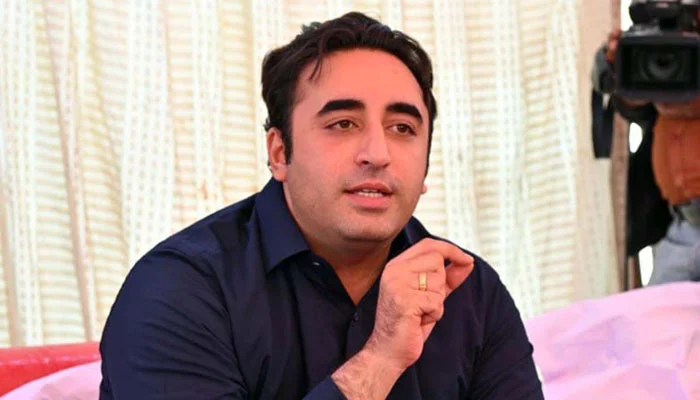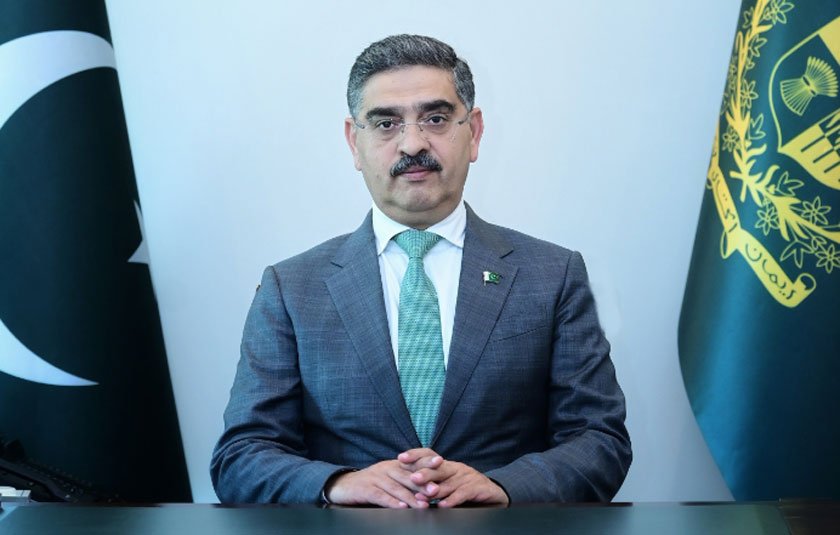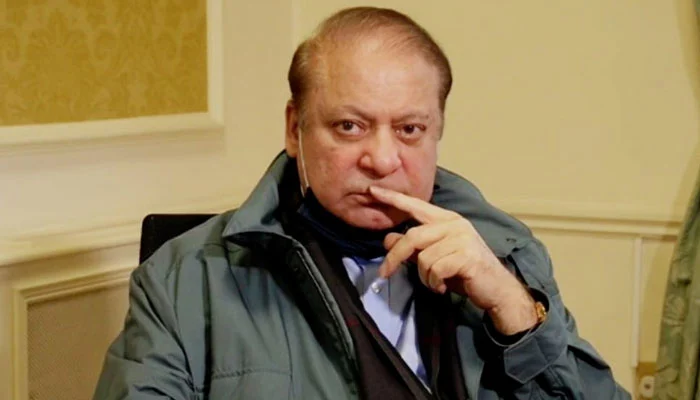The recent All Parties Conference (APC) hosted by the Awami National Party (ANP) in Islamabad was expected to bring unity among Pakistan’s leading political forces. Instead, it ended in discord when two major ruling allies — the Pakistan Muslim League-Nawaz (PML-N) and Pakistan Peoples Party (PPP) — refused to endorse the joint declaration. This development not only exposed the sharp political divisions in the country but also highlighted the growing challenges faced by Khyber Pakhtunkhwa (KP) and Balochistan.
APC Objectives and Key Issues
The All Parties Conference (APC), presided over by ANP President Aimal Wali Khan and attended by representatives from 19 parties, aimed to address pressing concerns such as worsening law and order, exploitation of resources, and political grievances in the merged tribal districts and Balochistan.
The gathering sought to present a united front on issues of terrorism, provincial autonomy, and the need for transparency in governance. However, when the declaration was finalized, differences among the participants overshadowed the intended message of unity.
PML-N and PPP Refuse to Sign Declaration
PML-N’s parliamentary leader in the Senate, Senator Irfan Siddiqui, and PPP Secretary General Nayyar Hussain Bukhari declined to sign the joint declaration, citing disagreements with certain demands. Siddiqui argued that targeting Punjab in grievances would not resolve national issues, urging leaders to embrace a broader dialogue under the Constitution.
Bukhari, on the other hand, emphasized that the PPP had always defended the continuity of parliament and insisted that dialogue must remain within the framework of the 1973 Constitution. Both leaders stressed that while they supported democratic processes, they could not back provisions they considered divisive.
Fazlur Rehman’s Hard-Hitting Remarks
JUI-F chief Maulana Fazlur Rehman set a fiery tone at the conference. He alleged that armed groups in tribal districts were siphoning off 10% of government funds, leaving businesses vulnerable to extortion. According to him, natural resources in KP and Balochistan rightfully belong to the local people, yet institutions and multinational companies often prioritize control over empowerment.
Fazl also criticized the revival of jirgas in former FATA, almost a decade after the merger, and warned that Pakistan’s parliamentary system risked losing credibility. He called for a “National Economic Plan” to replace the much-discussed National Action Plan, urging leaders to focus on jobs, resource distribution, and economic empowerment as solutions to unrest.
Calls for Provincial Rights and Constitutional Guarantees
The All Parties Conference (APC) declaration, despite lacking endorsement from PML-N and PPP, reflected the concerns of smaller parties and regional voices. Key demands included:
- Full implementation of the 18th Constitutional Amendment.
- Enforcement of the National Finance Commission (NFC) Award.
- Restoration of provincial rights over mineral resources.
- Cancellation of illegal land allotments.
- Protection of tribal people’s historic rights.
The declaration also called for halting military operations in KP and Balochistan, ending enforced disappearances, restructuring the Levies Force in Balochistan, and transferring full authority to civil administrations in merged districts.
Afghan Refugees and Humanitarian Concerns
Another major issue raised during the All Parties Conference (APC) was the forced repatriation of Afghan refugees. Fazlur Rehman argued that many Afghans had lived, studied, and invested in Pakistan for decades, becoming part of the country’s skilled workforce. He urged the government to allow Afghan students to complete their education and proposed categorizing refugees instead of pushing for blanket repatriation.
This humanitarian perspective resonated with ANP chief Aimal Wali Khan, who lamented that KP continued to suffer despite its sacrifices, pointing to displaced families in Waziristan and the neglect of local resources.
Resistance to “New Social Contract”
The call by some participants, including Mohsin Dawar, for a new social contract was met with firm resistance. PPP’s Nayyar Bukhari reminded the gathering that the 1973 Constitution, achieved after 25 years of struggle, remained the consensus document of Pakistan. Any changes, he stressed, must be pursued within its framework rather than rewriting the national charter.
The Road Ahead
While the All Parties Conference (APC) failed to achieve consensus, it succeeded in highlighting the pressing issues facing KP and Balochistan — from terrorism and resource distribution to human rights and governance. The discord, however, underscored how divided Pakistan’s political landscape remains at a time when unity is urgently needed.
Smaller parties used the platform to amplify regional grievances, but the refusal of mainstream ruling allies to endorse the declaration showed how difficult it is to align national priorities. With provincial unrest, terrorism, and economic challenges mounting, the question remains: can Pakistan’s political forces bridge their divides to address shared concerns?
The All Parties Conference (APC) was meant to project solidarity, but instead it revealed deep rifts among political stakeholders. While parties agree on the supremacy of the Constitution and the need to strengthen democracy, their disagreements on provincial rights, security policies, and economic distribution continue to stall progress.
Going forward, Pakistan’s stability will depend on whether its leaders can transform platforms like the APC into instruments of dialogue rather than discord. Only through consensus, transparency, and respect for constitutional principles can the challenges of KP, Balochistan, and beyond be effectively addressed.



